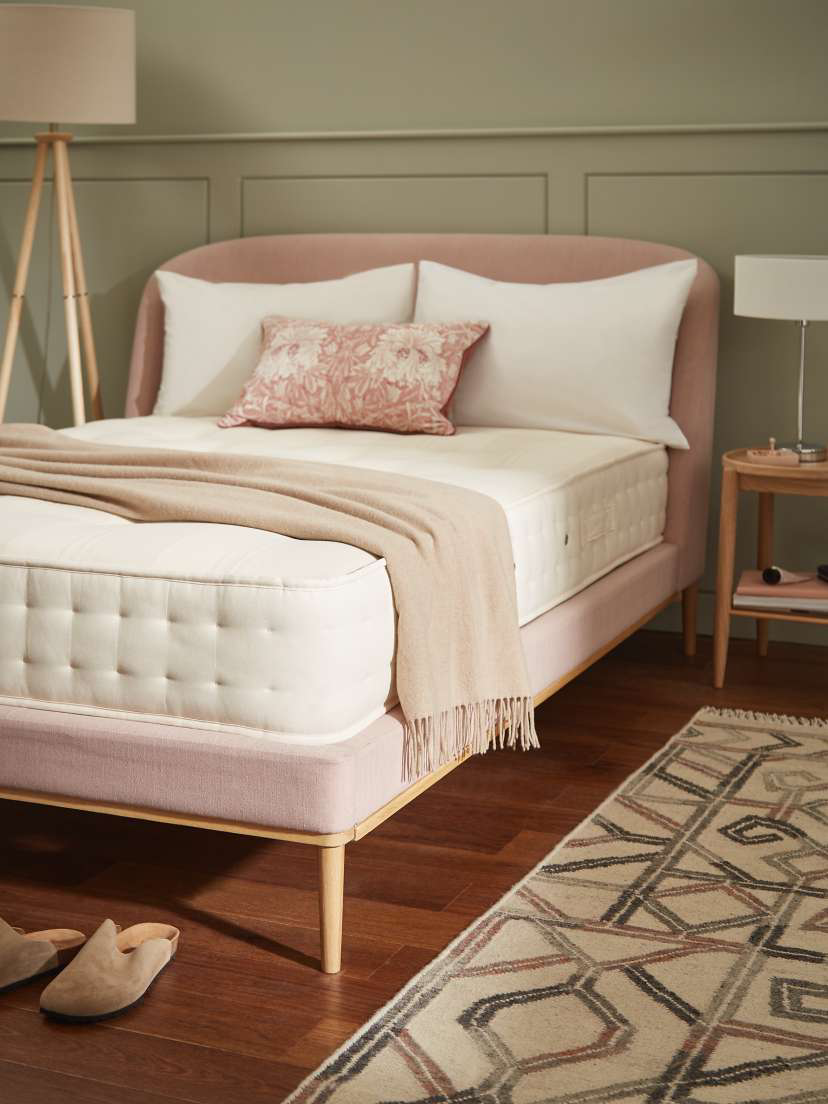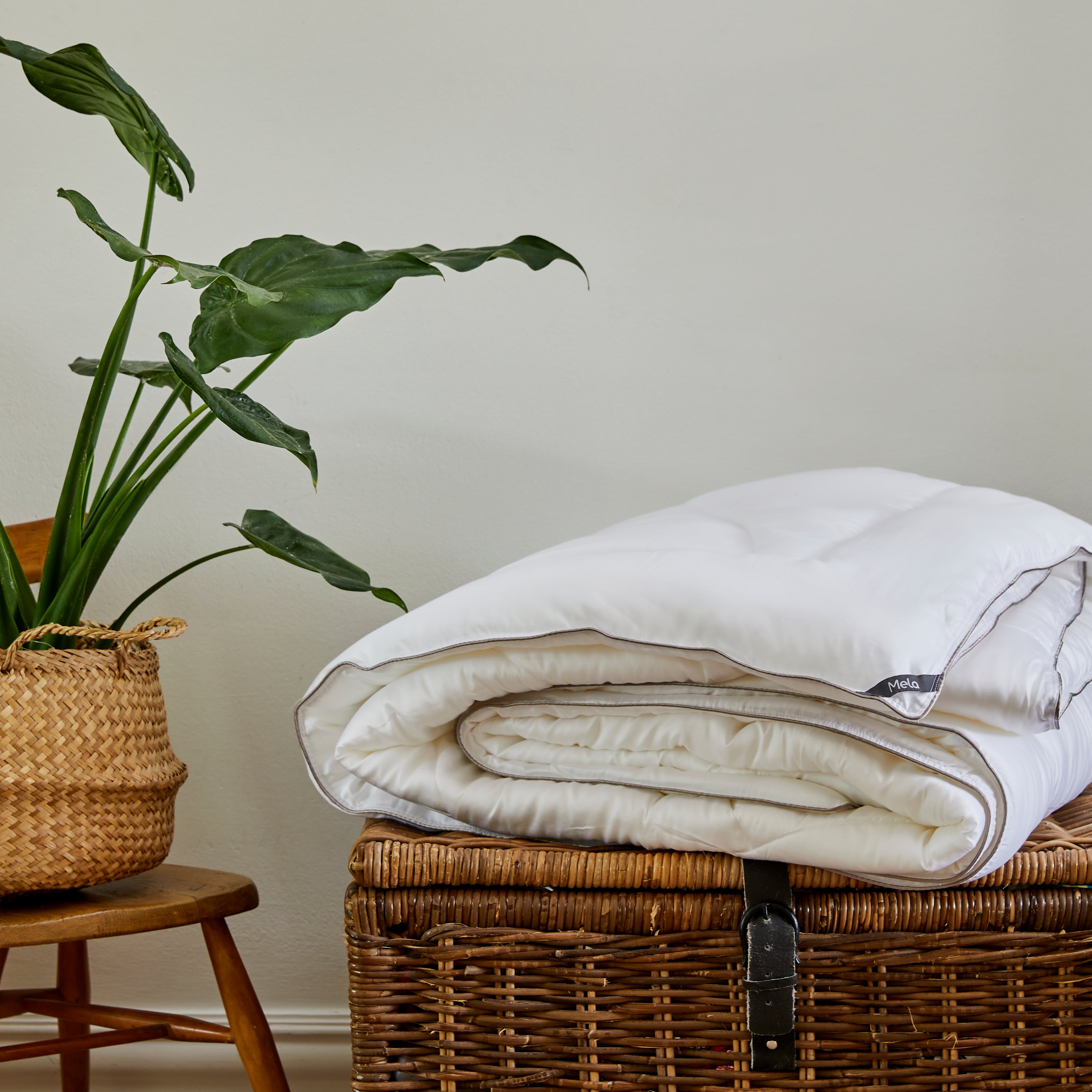Peta announces the 2022 Vegan Homeware Awards winners
For those looking to take a more compassionate approach to design, the world is your oyster. Anya Cooklin-Lofting reveals the winners of this year’s Peta awards

Thankfully, our shopping habits are becoming leaner, greener, and far more considered than ever before. It feels somehow retro and out of touch to shop quite so consistently and with such abandon as we used to. Homeware brands themselves are urging us to buy once and well, rather than peddling “newness” and trapping us into this tacit loyalty with built-in obsolescence. We are also becoming far more discerning about the provenance of our purchases and the materials they comprise. Living in blissful ignorance about the animal cruelty and exploitation that goes into some of our most commonly used materials has become faux pas, and the enlightened few are steadily becoming the illuminated many.
In exciting news, Peta, the animal rights charity, has confirmed its list of winners for its 2022 Vegan Homeware Awards. Although the winning brands are largely not cruelty-free, it is a great sign that some of the big names in mainstream homeware design are pioneering innovation that serves to protect animal rights, with eco materials and alternatives to animal-derived fabrics. Vegan home furnishings are not just designed with animal welfare in mind, but they also have much smaller carbon footprints than those made from leather and wool, for example, as animal agriculture is one of the leading causes of the climate crisis.
“Today’s conscious consumers want designs that no animal had to be beaten, slaughtered, or skinned for,” says Peta director of corporate projects Yvonne Taylor. The organisation’s exposés have revealed the unthinkable torture that animals endure at the hands of some of the biggest furniture producers in the world. Animals killed for leather endure mutilations without any pain relief and are often still conscious when their throats are slit. Geese and ducks are repeatedly plucked alive for their feathers, and in the wool trade, workers punch, kick, and stamp on sheep in shearing sheds. “Peta is celebrating the forward-thinking companies that lead the way in the vegan interior design revolution.”
When it comes to faux leather specifically, sofa producer DFS’s PAV range and New Zealand-based homeware brand LyZadie Design Studio’s Tui stool are two of the finest examples of completely vegan leather alternatives. The companies have taken home the best leather-free sofa and best leather-free stool awards respectively. The Tui stool is a remarkable example of high design in the vegan homeware landscape, making use of Piñatex, a groundbreaking natural textile made from the fibres of pineapple leaves. It is almost indistinguishable from leather.

Wool alternatives are also at the top of the agenda for progressive homeware companies hoping to make a difference, and Peta’s chosen winners in this area have performed particularly well in the bedroom. John Lewis’s Classic Eco 1200 pocket spring mattress is one of a selection of vegan mattresses that have hit the homeware market over the past few months (including the Savoir No4 bed made entirely from plant-based materials). John Lewis’s contribution involves layers of recycled polymer fibres created from more than 300 plastic bottles and took the best wool-free mattress award this year. The Air Duvet by Mela, a wellness-oriented soft furnishings company, has won the best down-free bedding award with its 100% eucalyptus composition.

Other winners include Malin + Goetz’s Mojito candle in the beeswax-free candle category, Deborah DiMare’s book, Vegan Interiors, which took home the essential reading award, and a dog pet bed from Aldi, which won the companion animal award.
We are long overdue a change in the way we treat animals, and it’s a step in the right direction for many of Peta’s winning companies. For those looking to take a more compassionate approach to design, the world is your oyster (pun absolutely intended). The innovation in materials and manufacturing in just the past five years has been astonishing, giving design companies so much more choice when it comes to specifying their products and appealing to a far more engaged and ethical customer base.
For a full list of Vegan Homeware Awards winners, please visit the Peta website
Join our commenting forum
Join thought-provoking conversations, follow other Independent readers and see their replies
Comments
Bookmark popover
Removed from bookmarks